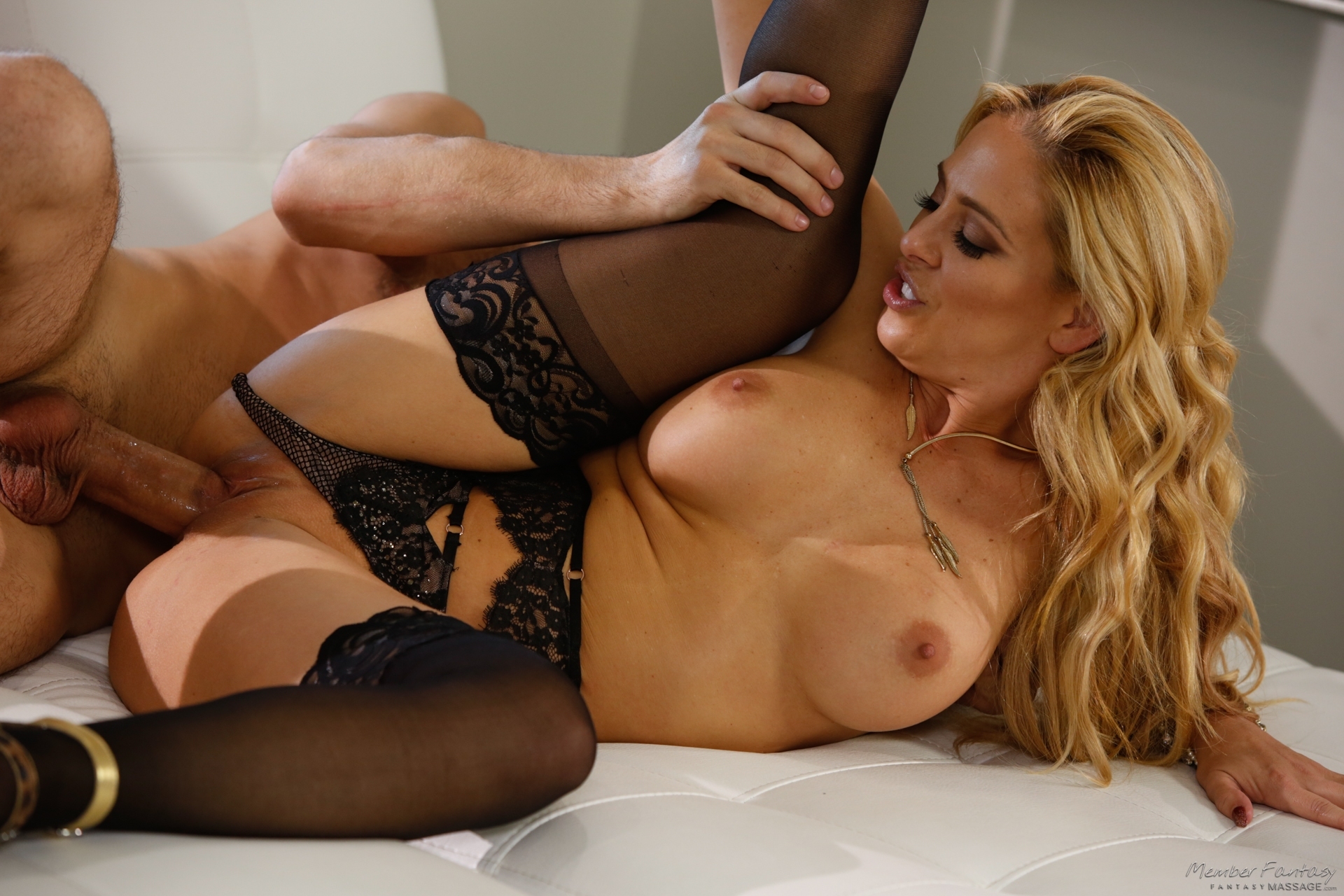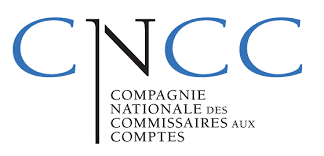
Erotic literature, also known as +18 stories, has been a part of human culture for centuries. From ancient Greek erotic poetry to modern-day romance novels with steamy scenes, erotic literature has evolved and adapted to the changing times. However, the stigma surrounding this genre remains, and many people are still hesitant to explore its world. In this article, we will take a closer look at +18 stories, their history, and their impact on society.
To begin with, it is essential to understand the difference between pornography and erotic literature. While both contain sexual content, they differ in their approach and purpose. Pornography is primarily focused on the explicit depiction of sexual acts, while erotic literature uses sexual tension and desire to drive the narrative and develop characters. Erotic literature is often more subtle and nuanced, allowing readers to explore their fantasies and desires in a safe and consensual way.
The history of erotic literature can be traced back to ancient civilizations, such as Greece and Rome, where explicit sexual content was often included in literary works. However, it was during the Renaissance that erotic literature gained popularity, with works such as « The School of Venus » and « L’Alcove » becoming bestsellers. In the 18th and 19th centuries, erotic literature became more accessible, with the publication of works such as « Fanny Hill » and « Lolita. » These works challenged societal norms and pushed the boundaries of what was considered acceptable.
Today, erotic literature is more popular than ever, with the rise of self-publishing platforms and e-books. The genre has also become more diverse, with works exploring different sexual orientations, kinks, and fetishes. However, the stigma surrounding erotic literature remains, with many people viewing it as taboo or immoral. This stigma is often perpetuated by sensationalized media coverage and misconceptions about the genre.
Despite the stigma, erotic literature has many benefits. For one, it allows readers to explore their fantasies and desires in a safe and consensual way. It can also help individuals learn more about their own sexuality and improve their communication skills in intimate relationships. Moreover, erotic literature can be a powerful tool for promoting sexual health and education, as it can help individuals learn about safe sex practices and consent.
However, it is crucial to approach erotic literature with a critical eye. Like any form of media, it can perpetuate harmful stereotypes and promote unrealistic expectations about sex and relationships. It is essential to consume erotic literature responsibly and to be aware of the messages it conveys.
In conclusion, +18 stories are a complex and nuanced genre that has evolved and adapted to the changing times. While it may still be viewed with suspicion by some, erotic literature has many benefits and can be a powerful tool for exploring one’s sexuality and improving intimate relationships. As with any form of media, it is crucial to approach erotic literature with a critical eye online xxnxx and to consume it responsibly.






